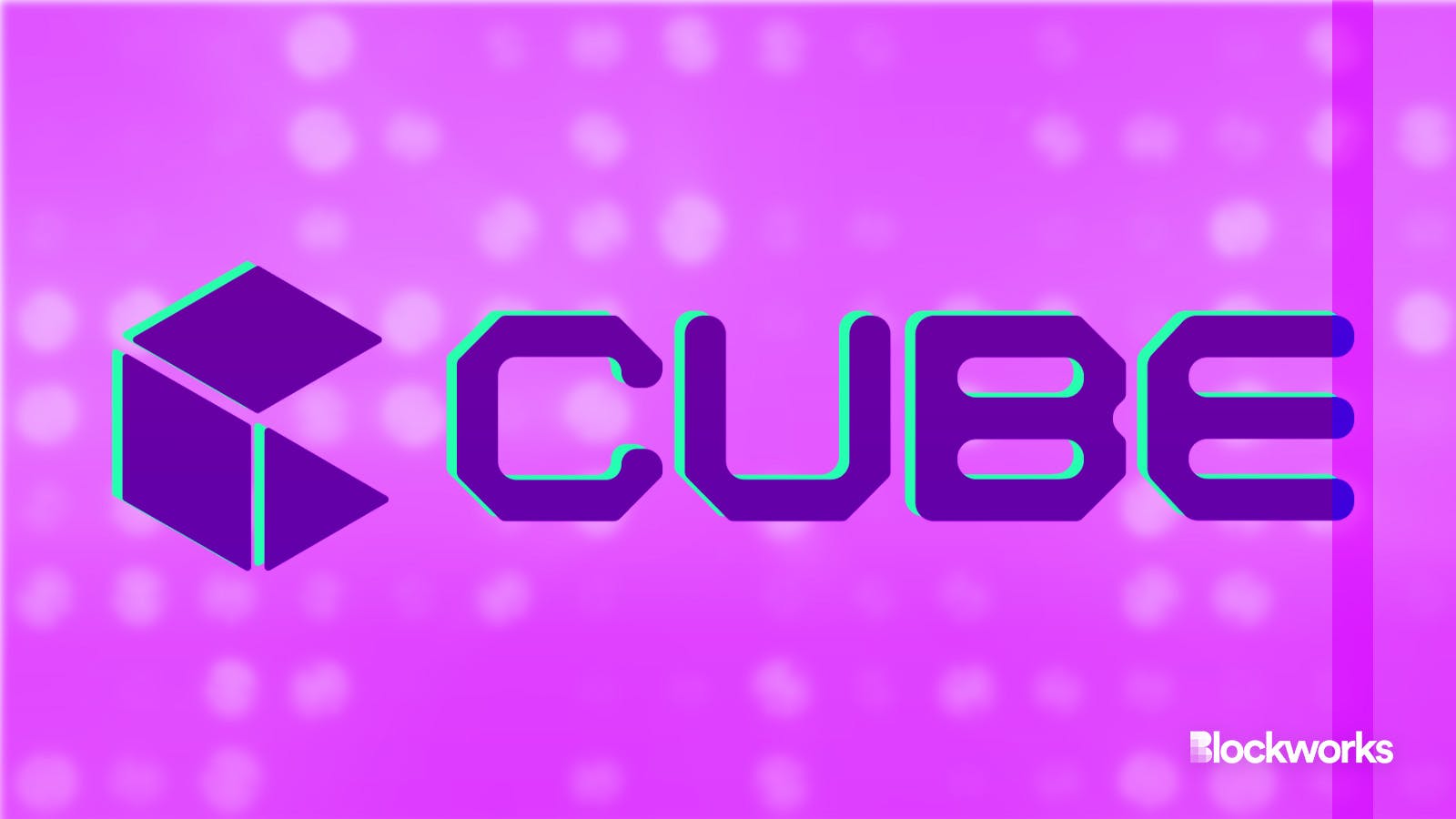Cube.Exchange’s guardian council to prevent exchange fraud
Guardian Council participants include the Solana Foundation, Everstake, Triton One, Juicy Stake and Kiln

Cube Exchange and Adobe Stock modified by Blockworks
Digital asset trading platform Cube.Exchange has created a Guardian Council designed to prevent fraud on the exchange.
The Guardian Council will comprise a group of industry participants from the Solana Foundation, Everstake, Triton One, Juicy Stake and Kiln. These participants will act as independent third-party validators for Cube.Exchange and prevent fraudulent withdrawals from happening.
They will be part of a system where approval from several parties is required for transactions on the exchange to proceed. This process ensures that no single group, not even the exchange itself, can improperly use customer funds. This means that there will be a multi-party accountability system in place to minimize the potential for risk or financial loss.
This design is likely to prevent another FTX-like situation from occurring, in which the centralized exchange was found guilty of misusing customer funds and defrauding lenders.
Read more: Ellison: Alameda took FTX customer money for ‘whatever we needed’
Cube.Exchange CEO Bartosz Lipiński said in a press release reviewed by Blockworks that the exchange is looking to “raise the bar for asset security and user protection in Web3.”
“The Guardian Council is just the beginning of this effort, and we will continue to bring to market more innovations that put security and user trust first,” Bartosz Lipiński said.
Cube.Exchange launched the public beta of its testnet in November last year and announced earlier in February that it had secured $12 million in a Series A fundraising round led by 6th Man Ventures.
Read more: Cube.Exchange squares the circle of decentralization
The platform is designed so that the exchange never takes full custody of the assets traded. This is due to the exchange’s hybrid nature, where users themselves maintain ownership of their assets through MPC wallets. Withdrawal and trades are executed through an off-chain matching system, and trading is settled on the blockchain.
Get the news in your inbox. Explore Blockworks newsletters:
- The Breakdown: Decoding crypto and the markets. Daily.
- 0xResearch: Alpha in your inbox. Think like an analyst.






